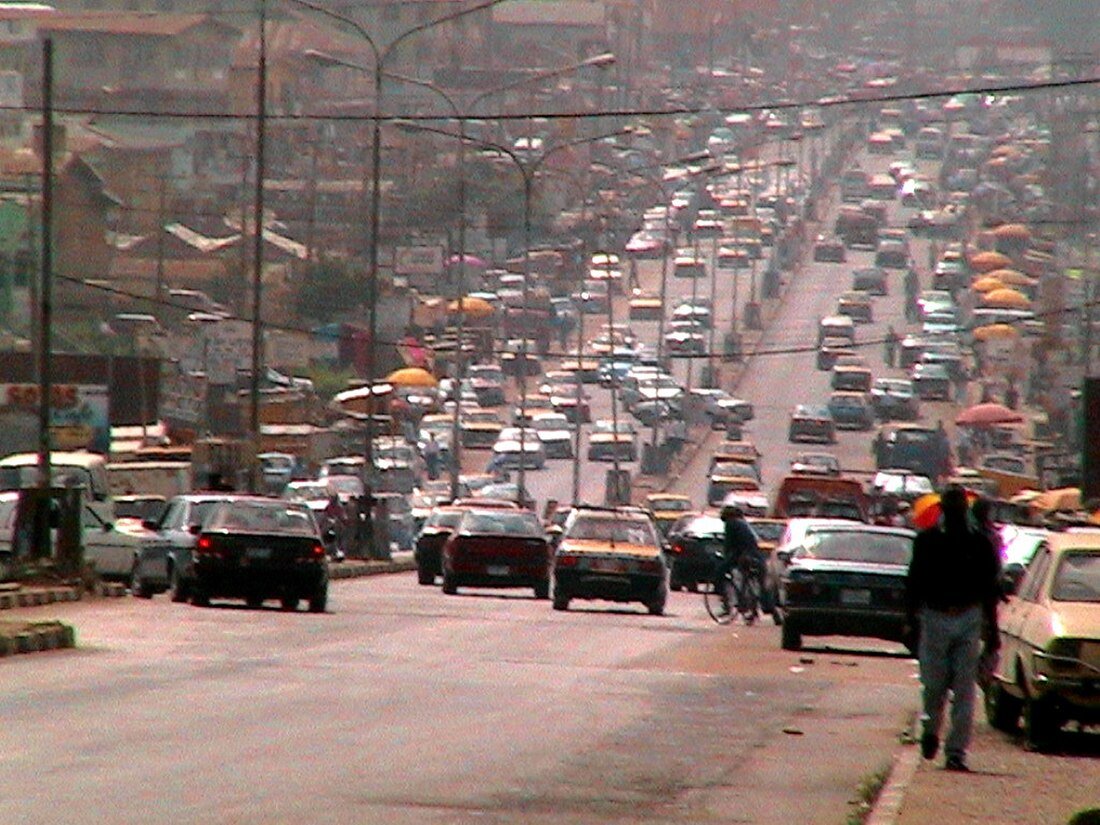Minimum Wage in Nigeria 2025: Current Rates & Trends

As of 2025, the minimum wage in Nigeria has been adjusted to ₦70,000 per month. This increase from the previous ₦30,000 aims to help workers keep up with rising living costs. The change came after long discussions between labor unions and the government, addressing the growing financial challenges faced by workers.
History of Minimum Wage in Nigeria
The journey of Nigeria’s minimum wage has been shaped by inflation and economic shifts.
Here’s a quick breakdown:
- In 2011, the wage was set at ₦18,000 per month.
- By 2019, it increased to ₦30,000.
- Most recently, in 2024, the minimum wage jumped to ₦70,000 per month.
These changes reflect the government’s response to economic pressures, with each increase aimed at improving workers’ purchasing power.
What’s Going On With the New Minimum Wage in Nigeria?
By 2025, the minimum wage in the country has been adopted in many states, but there are some hiccups.
Despite the increase to ₦70,000, not all states are able to pay the full amount without federal assistance.
In fact, some workers are still earning the older ₦30,000 due to financial struggles in certain regions. This has led to more discussions about whether the government should review wages more often to keep up with inflation.
Labor unions, like the Nigeria Labour Congress (NLC) and the Trade Union Congress (TUC), are pushing for annual updates to the minimum wage in Nigeria to make sure it stays in line with the rising costs people are facing day to day.
How Does This Affect Civil Servants?
If you’re a civil servant, the minimum wage that the Nigerian civil servants receive has undoubtedly changed the financial landscape for many.
The rise to ₦70,000 is definitely a positive step, but some workers argue that it’s still not enough. Urban areas, with their high living costs, make ₦70,000 seem quite limited.
So, while the increase is appreciated, many believe it doesn’t fully address the high price of goods and services in places like Lagos or Abuja.
How Is Minimum Wage Calculated in Nigeria?
When you look at how the minimum wage in Naija is calculated, it’s based on a fixed monthly amount determined by the federal government. Right now, that’s ₦70,000.
To break it down:
- Per Day: If you divide ₦70,000 by 30 days, that comes to roughly ₦2,333 a day.
- Per Hour: Assuming a 40-hour workweek, you’re looking at about ₦219 per hour.
But, here’s the thing – not all workers follow a 40-hour workweek, especially in informal sectors, so these figures might not always apply.
What Does the Minimum Wage in Nigeria Look Like Globally?
Comparing Nigeria’s minimum wage to other countries puts things into perspective. As of 2025, the minimum wage in Nigeria per month is roughly $150 in U.S. dollars.
Now, compare that to Luxembourg, where the monthly wage is around $3,254, and it’s clear that Nigerian workers face different challenges when it comes to earning enough to live comfortably.
The minimum wage in Nigeria per hour also lags behind many nations, which just shows how tough things are for workers trying to make ends meet in places with high living costs.
Update on Minimum Wage in Nigeria
You might be wondering – what’s the latest on minimum wage in the country? Well, labor unions are advocating for more frequent updates.
With inflation continuing to rise, many believe that adjusting wages annually could make a real difference in workers’ lives.
A minimum wage in Nigeria PDF could be a helpful resource for tracking changes over time, allowing workers to stay informed about their rights and earnings.
The minimum wage in Nigeria today remains a hot topic, as the gap between wages here and in wealthier countries shows just how tough it can be to live on the current wage. The real question is whether the federal government can continue to raise wages in a way that keeps pace with inflation without putting too much strain on the economy.
Wrap-Up
The minimum wage in Nigeria has come a long way, from ₦18,000 in 2011 to ₦70,000 in 2025. While the recent raise is a step forward, many Nigerians still find it difficult to make ends meet, especially in urban areas with high living costs. The uneven implementation across states and the push for more frequent wage reviews are central to the ongoing conversation about worker rights in Nigeria.
As discussions continue, it’s clear that the minimum wage in Nigeria will need to evolve to keep up with inflation and the ever-changing economy. Labor unions, workers, and the government will need to work together to find solutions that ensure fair wages for everyone, regardless of where they live.
Article updated 4 months ago ago. Content is written and modified by multiple authors.









